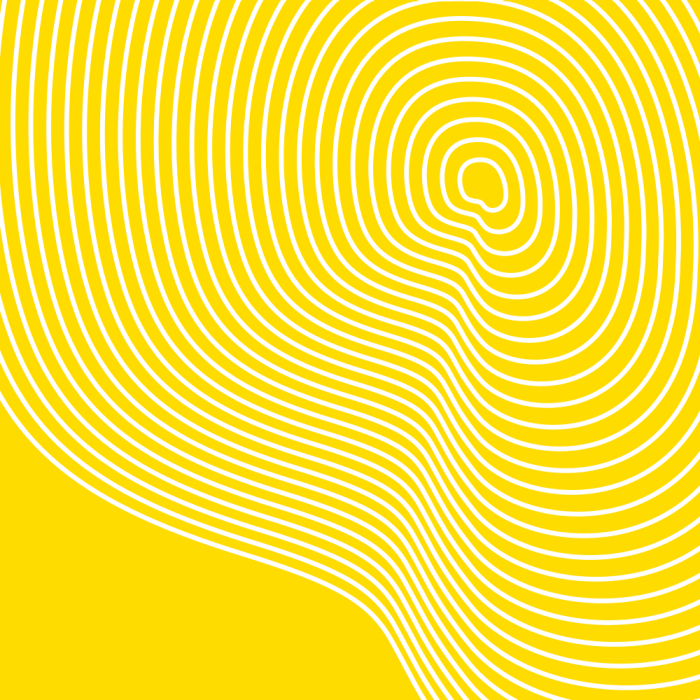Cognitive Leadership and Team Performance

Enrol
This course currently has no scheduled dates. To express interest in this course or to discuss bespoke options for yourself or your organisation, please submit an expression of interest or contact the Short Courses Team on +61 2 5114 5573 or shortcourses.cbr@unsw.edu.au
3 days
In-Person
UNSW Canberra City Campus
$3135.00



Overview
In work environments individuals are continuously testing their mental capacities as they tackle demanding tasks and overcome stressful challenges. Understanding your team’s capacities in areas such as mental toughness, focus, rational decision-making, time management, self-regulation and effective communication, allows you to implement leadership approaches that maximise cognitive capabilities and enhance performance.
In this course, you’ll learn about mental abilities, styles of problem-solving, and the ethical decision-making qualities that characterise a cognitive leader. Through a series of individualised hands-on activities, practical group exercises and collective discussions, you’ll discover the best practice approaches to cognitive leadership and how they can be implemented in different workplace environments.
Course content
This course is broken into the following core learning topics:
- Enacting the cognitive niche in which your work: Using principles of enactive cognition and ecological psychology to build a healthy and well-functioning relationship between your cognitive system and your work environment.
- Efficacy and leadership: Using principles of social psychology to effectively motivate your teammates and enhance group resilience.
- Socially distributed cognition and team coordination: Using principles of social cognition and distributed cognition to support effective coordination of teamwork.
- The positive power of habits: Using principles of embodied cognitive science and performance psychology to build effective work routines.
- Managing cognitive effort: performance under pressure and coping strategies: Using principles of embodied cognitive science and performance psychology to recognise your limitations and effectively deal with them.
Learning outcomes
By completing this course, you will be able to:
- Identify the potential, the limitations, and the areas of cognitive improvement in both individuals and groups.
- Describe how different mental faculties are relevant to work performance.
- Explain how principles of cognitive science can be leveraged to improve team performance.
- Analyse complex problems from the perspective of cognitive leadership.
- Design best practices to be implemented in the workplace to support individual and group performance.
- Independently develop new solutions to unprecedented challenges.
Who should attend
This course is for those in any industry with people leaderships responsibilities.
Prerequisites:
None
Facilitators
Dr Max Cappuccio
Dr Max Cappuccio is a senior researcher in the School of Engineering and IT of University of New South Wales, Canberra. As a cognitive philosopher and a technology ethicist, his research on intelligent systems is interdisciplinary and aims to integrate phenomenological analyses, empirical experimentation, and synthetic modelling. His work in human performance and human-machine interaction attempts to combine different embodied approaches to cognition. His current research focuses on skill acquisition and disruption, social-robotics, theory and ethics of artificial intelligence and autonomous systems. His early work has focused on mirror neurons theory, joint attention and deictic pointing, the frame problem of artificial intelligence, and the philosophical foundations of computationalism.
During his career, he has produced more than a hundred original scientific contributions, including papers in journals, book chapters, collective volumes, special issues of journals, and papers presented at international conferences. He conducts an intense activity as an organizer of academic events, including interdisciplinary workshops, research seminar series, and international conferences (like the TEMPER workshop on Training, Enhancement, and Military Performance and the annual Joint UAE Symposium on Social Robotics).
Cancellation policy
Courses will be held subject to sufficient registrations. UNSW Canberra reserves the right to cancel a course up to five working days prior to commencement of the course. If a course is cancelled, you will have the opportunity to transfer your registration or be issued a full refund. If registrant cancels within 10 days of course commencement, a 50% registration fee will apply. UNSW Canberra is a registered ACT provider under ESOS Act 2000-CRICOS provider Code 00098G.